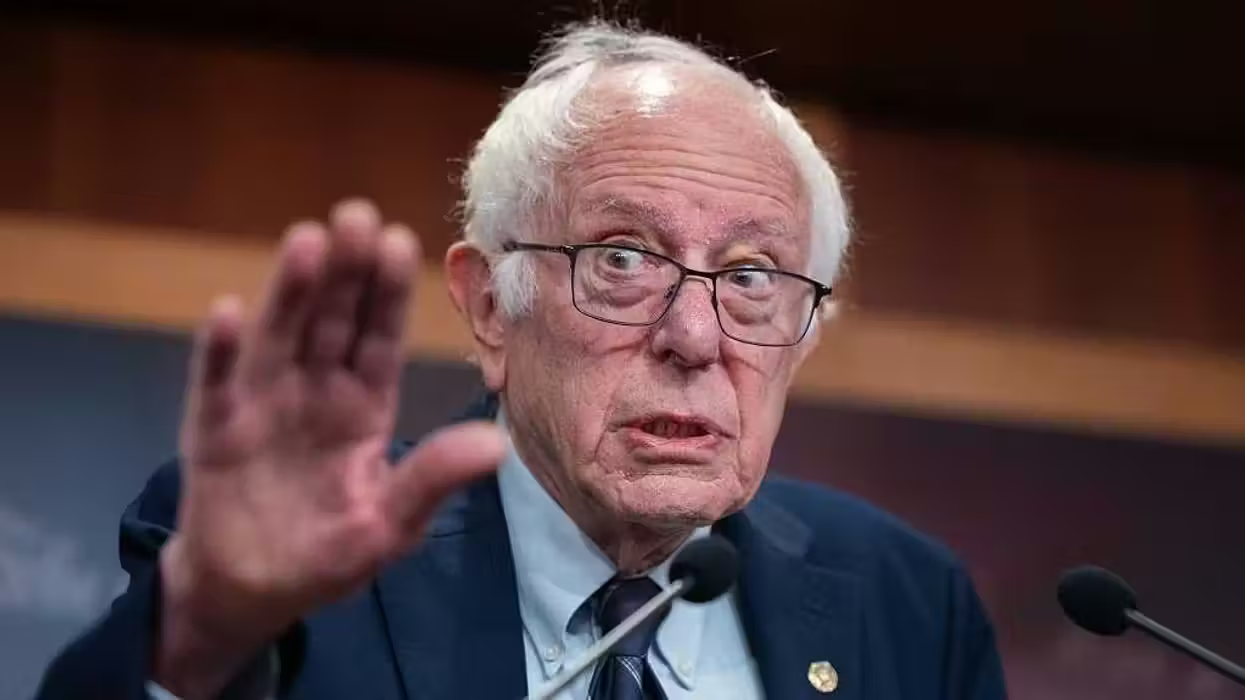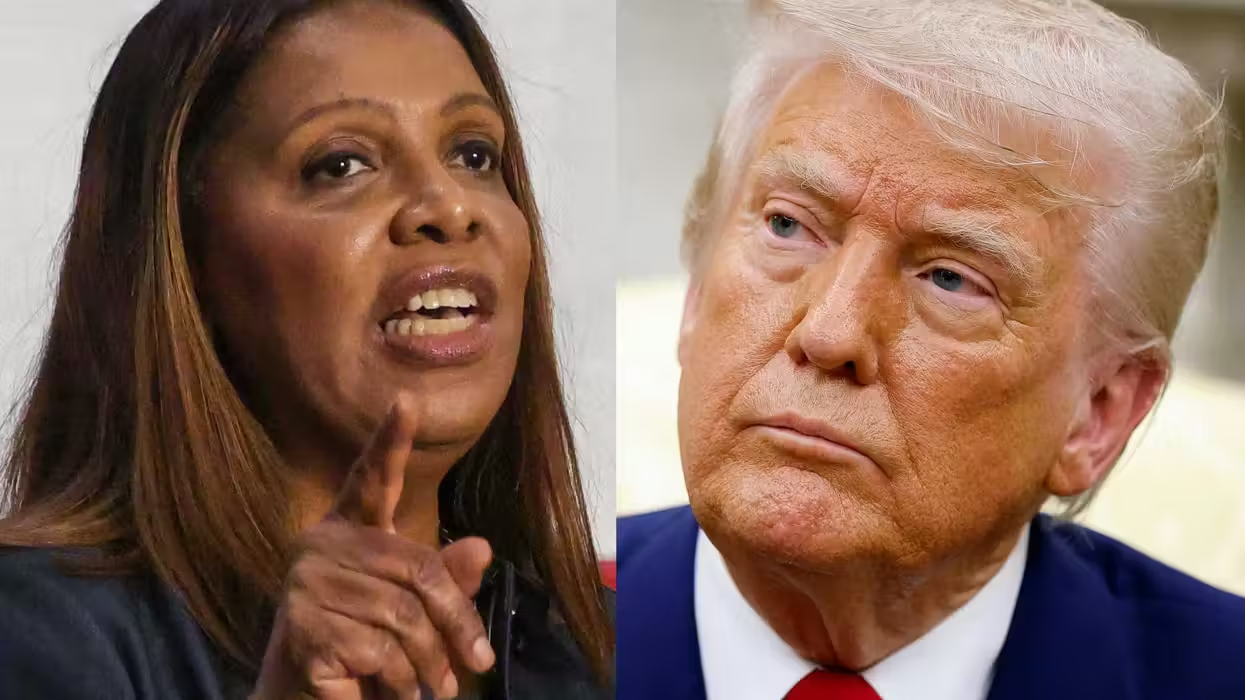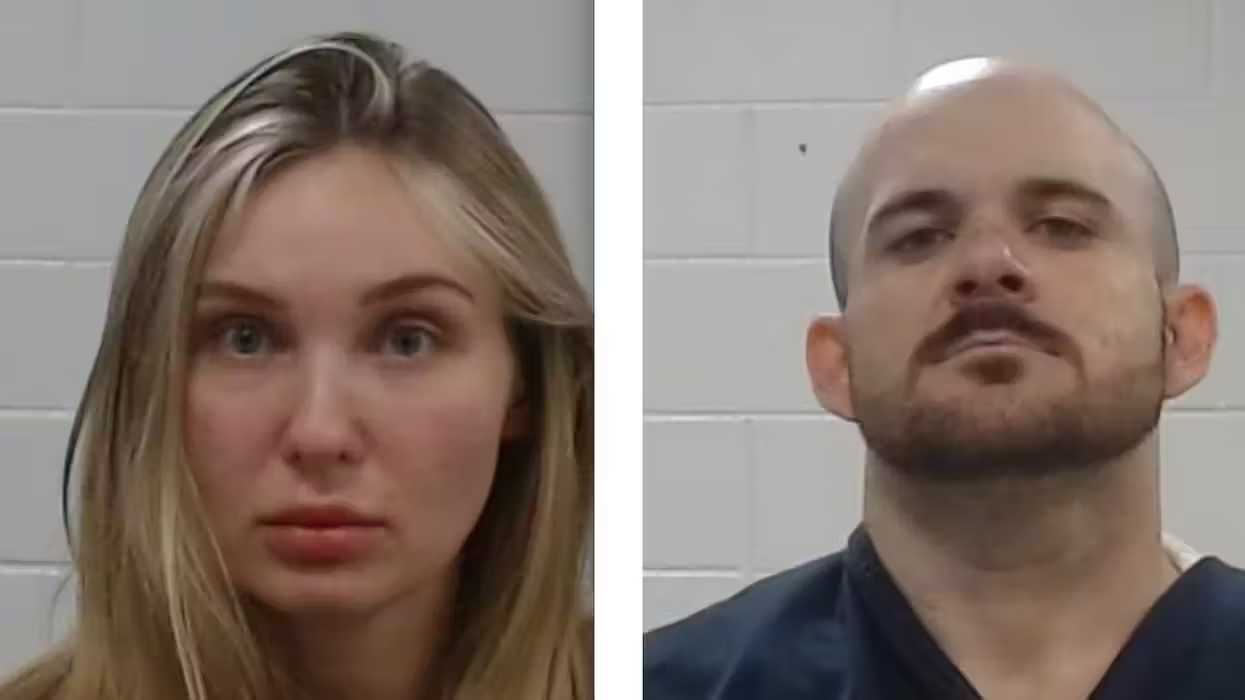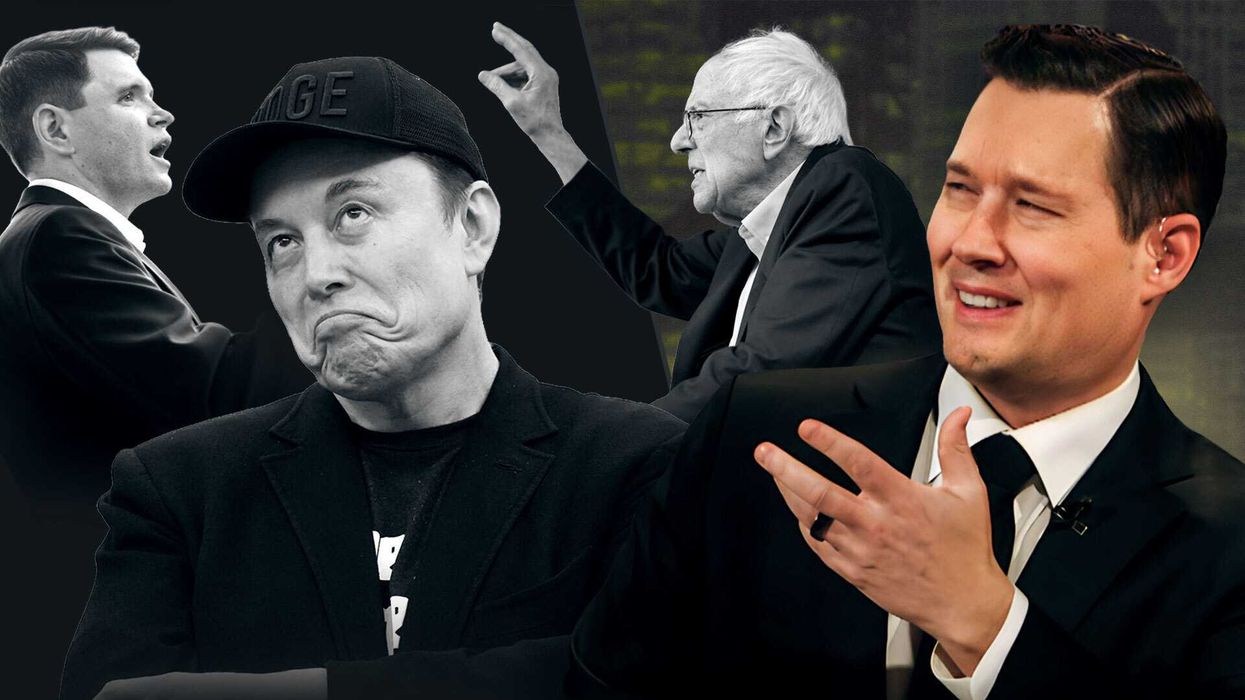Former Secretary of State Hillary Clinton says she won't "be a part of a political slugfest on the backs of dead Americans" over the 2012 Benghazi attacks, according to excerpts of the chapter about the deadly assault from her forthcoming book.
Politico obtained a copy of the 34-page chapter, "Benghazi: Under Attack," from Clinton's new book, "Hard Choices." Here are seven takeaways, excerpted from Politico's exclusive look:
 AP
AP
On whether the attack was motivated by an anti-Islamic video posted online:
“There were scores of attackers that night, almost certainly with differing motives,” she writes. “It is inaccurate to state that every single one of them was influenced by this hateful video. It is equally inaccurate to state that none of them were. Both assertions defy not only the evidence but logic as well.”
On the military being sent in to rescue those on the ground:
Obama “gave the order to do whatever was necessary to support our people in Libya. It was imperative that all possible resources be mobilized immediately. … When Americans are under fire, that is not an order the Commander in Chief has to give twice. Our military does everything humanly possible to save American lives — and would do more if they could. That anyone has ever suggested otherwise is something I will never understand.”
Reiterating that she never saw cables requesting additional security:
The cables were addressed to her as a “procedural quirk” given her position, but didn’t actually land on her desk, she writes: “That’s not how it works. It shouldn’t. And it didn’t.”
Defending then-United Nations Ambassador Susan Rice for going on the Sunday shows using the since-discredited talking points and blaming the assault on the video:
“Susan stated what the intelligence community believed, rightly or wrongly, at the time,” Clinton writes. “That was the best she or anyone could do. Every step of the way, whenever something new was learned, it was quickly shared with Congress and the American people. There is a difference between getting something wrong, and committing wrong. A big difference that some have blurred to the point of casting those who made a mistake as intentionally deceitful.”
On 'what difference at this point does it make?':
“In yet another example of the terrible politicization of this tragedy, many have conveniently chosen to interpret” that phrase “to mean that I was somehow minimizing the tragedy of Benghazi. Of course that’s not what I said,” she writes. “Nothing could be further from the truth. And many of those trying to make hay of it know that, but don’t care.”
She adds, “My point was simple: If someone breaks into your home and takes your family hostage, how much time are you going to spend focused on how the intruder spent his day as opposed to how best to rescue your loved ones and then prevent it from happening again?”
On the deaths of U.S. Ambassador Christopher Stevens and three others:
The deaths of “fearless public servants in the line of duty was a crushing blow,” Clinton writes. “As Secretary I was the one ultimately responsible for my people’s safety, and I never felt that responsibility more deeply than I did that day.”
Going after critics who 'exploit this tragedy':
“Those who exploit this tragedy over and over as a political tool minimize the sacrifice of those who served our country,” Clinton writes … . “I will not be a part of a political slugfest on the backs of dead Americans. It’s just plain wrong, and it’s unworthy of our great country. Those who insist on politicizing the tragedy will have to do so without me.”

 AP
AP






